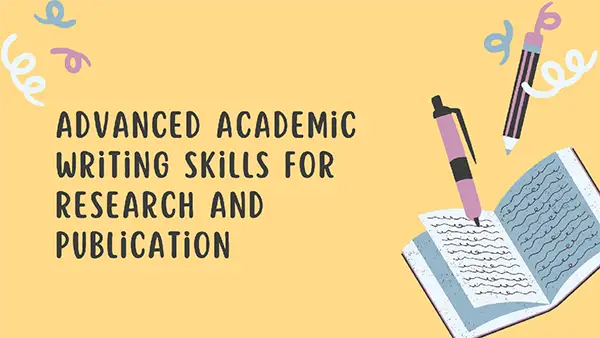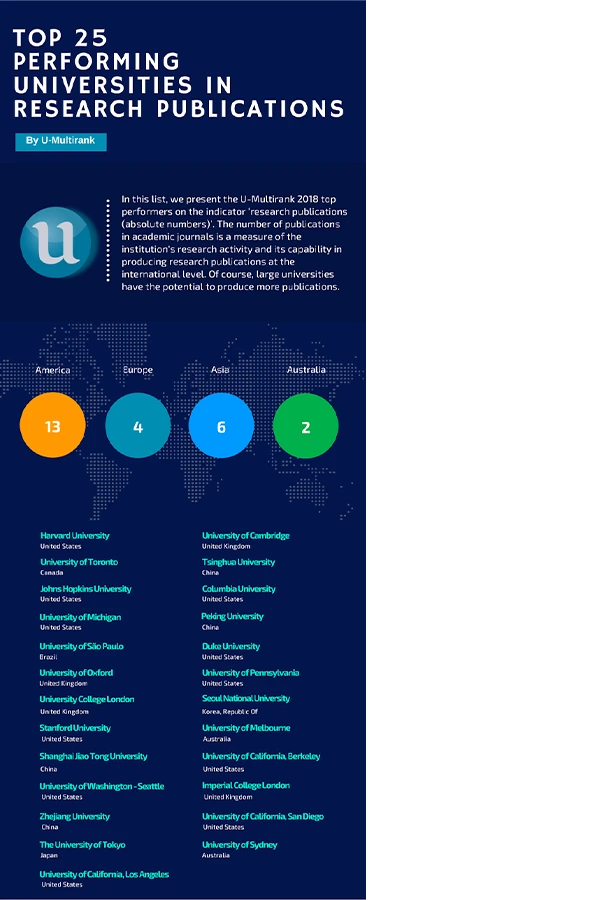Advanced Academic Writing Skills For Research And Publication

Academic writing is a formal style of writing that is based on using facts, logic, and evidence. That is a pretty tame version of it, though, because essays and assignments don’t require extensive evidence or deep analysis.
This type of essay or assignment drafting is done by professional researchers who write and publish papers and books when working with institutions. These works are typically much more detailed than your standard college assignments.
Today we are going to teach you some qualities that are necessary for high-level drafts. Mastering them will ensure that you can draft documents without trouble.
Essential Academic Writing Skills for Research and Publication
The following are five necessary mastery that you cannot ignore if you want to be good at professional or academic writing.
Finding and Vetting Reliable Sources for Research
Research starts by learning what others have already done in your selected niche. In this field, you have to provide new information, since there is no use doing something that has already been done.
That’s why you have to check what has been covered in your niche in the last five years. Even if you already have a direction to work in, you still ought to see what developments have been worked on.
This means that you will have to read a lot of publications. However, some investigations are of low quality and get published anyway. You have to avoid them and make sure that your sources are of the highest quality.
To vet your sources, take a look at the following things:
- The author names
- The author’s repute
- The publisher of the content
- The date of publishing
- The author’s institute
Good sources are those that have a reputable publisher (i.e. Springer, IEEE, etc.), the authors have a solid history, belong to reputable institutes and the paper is no older than five years.
Taking Notes From Sources
When you have vetted your sources, you should read them and take notes. They are paramount because they help with citations and references. To do a typical analysis paper, you require approximately 20 citations (the number can be larger or smaller). That is a lot of citations to keep track of on memory alone.
By reading this, you might have gotten the idea why taking notes is so significant for better writing. In your text, you have to include any information that is required for a citation, such as:
- Date of publishing
- Publisher Name
- Name of the authors
- Title of the work
- The institute of the author
Aside from that, you will need to note down the information you got from that publication as well.
Taking notes can be quite hard since publications are often quite lengthy. What you can do is use a summary generator to create a shortened version of the paper that you can read quickly.
A summary generator is an online AI-powered tool that can understand the salient points of a text and extract them. They are great for creating memos of lengthy publications, as they can reliably summarize them in just a few seconds.
These notes will later help you when you are writing your thesis and its bibliography.

DID YOU KNOW?
According to data, Harvard University produces the most number of research papers in the world, followed by The University of Toronto, and Johns Hopkins University.
Journaling Your Experiment and its Outcomes
Advanced academic writing almost always involves you having to set up a test bed and gather data from it. The empirical data that you obtain serves as evidence for your claims, it is perhaps the most major aspect.
So, how are talents involved in this practical aspect? Writing talents are required to translate the data into meaningful information that the readers can understand. This also ties into note-taking. You must note down all behaviors that your testbed exhibits so that later you can find the reasons for them.
Along with everything mentioned above, it is also significant to mention the information collected in your thesis. If you journal it, you will be able to do that easily and clearly. You need to have strong descriptive and analytical skills to accurately describe the results and their implications to the reader.
Write Logically
All academic publications are logical. Hence, it makes sense that they follow a logical progression in their content as well. A typical study paper has the following progression:
Abstract → Background Information → Literature review → Methodology → Experiment Setup → Results → Discussion → Conclusion
Follow this progression, otherwise, your content will become confusing. This is a significant skill because it is seldom used in simple college assignments and essays. Your notes will help you follow this progression, so create them during your research.
Checking for Plagiarism and Other Errors
Since advanced academic writing is subject to peer review and scrutiny, that’s why it needs to be perfect? One of the biggest problems that can incur rejection is plagiarism. It is all about bringing new developments to light.
Along with that, integrity and honesty are also some qualities that a writer should have towards their work or responsibility. After all, anyone who makes a breakthrough must get their recognition. So, if you have any plagiarism in your work, it will be rejected without a second thought.
Other than plagiarism, make sure that there are no grammar errors such as typos, incorrect or inconsistent spelling, and inconsistent tenses. There is no room for such basic mistakes in a write-up, so make sure your work is free of them.
You can use online tools for both of these purposes, or you can hire an editor to check your work for you. Whatever you do, make sure that there are no errors.
Conclusion
These are some of how you can improve your advanced academic writing. Good research skills, taking notes, and journaling will help you to write your publications without any hint of plagiarism or other errors.








